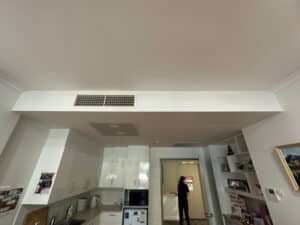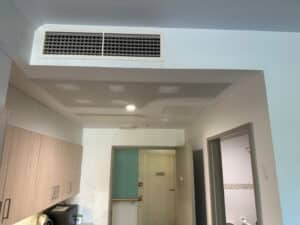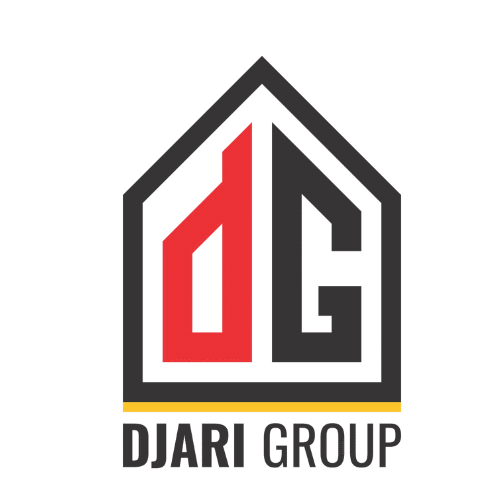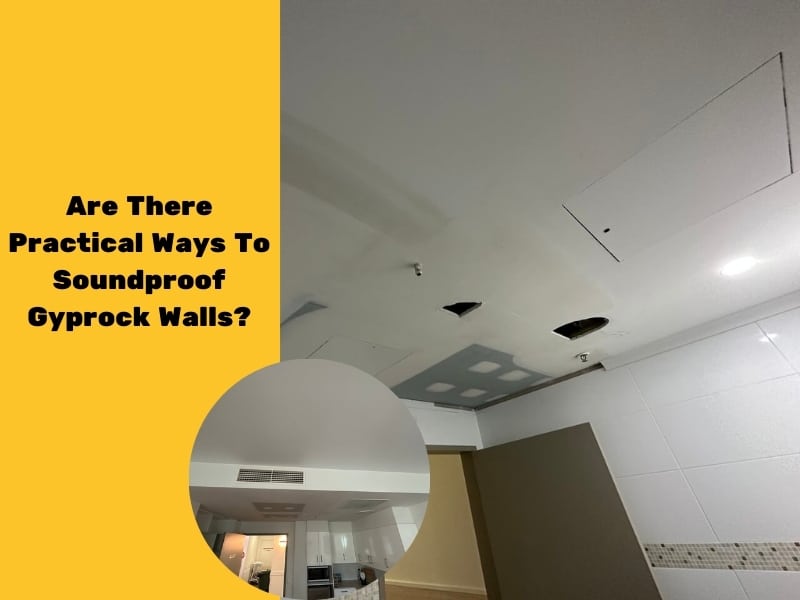Gyprock (plasterboard) walls are a popular choice for residential and commercial buildings due to their affordability and ease of installation. While they provide a certain level of insulation, they could be more effective at blocking sound. Soundproofing your Gyprock walls is a practical solution to reduce noise from outside or between rooms. In this article, we’ll explore the methods, materials, and benefits of soundproofing Gyprock walls, helping you make an informed decision about enhancing your space’s acoustics.
What is soundproofing, and why should you consider it for gyprock walls?
Soundproofing refers to reducing or eliminating sound transmission between spaces, making it particularly important in areas where noise can be disruptive, such as residential homes, apartments, or commercial buildings. For Gyprock walls, soundproofing offers several benefits: it helps reduce external noise by blocking out sounds like traffic or street noise, minimises internal noise by preventing sound from travelling between rooms in offices or multi-bedroom homes, improves privacy by creating quieter, more private spaces in shared or commercial environments, and enhances overall comfort by fostering a peaceful environment conducive to rest or focused work.
How do soundproofing gyprock walls work?
Soundproofing plasterboard walls involves several techniques and materials that effectively reduce sound transmission. Here’s how it works:
- Decoupling: Creating a gap or separation between the wall and the framing to prevent sound vibrations from passing through.
- Mass addition: Increasing the Gyprock wall’s mass helps block sound from travelling through.
- Damping: Using materials that absorb vibrations to reduce sound transmission.
- Insulation: Filling the wall cavity with sound-absorbing materials.
What are the best materials for soundproofing plasterboard walls?
Several materials can enhance the soundproofing capabilities of plasterboard walls. The most effective options include:
- Acoustic insulation: Dense insulation like fibreglass or foam can significantly reduce sound transmission.
- Mass-loaded vinyl (MLV): A dense, flexible material that adds mass to the wall and blocks noise.
- Acoustic panels absorb sound and reduce echo, making them ideal for residential and commercial spaces.
- Resilient channels: These are metal strips attached to the wall framing that act as a buffer, reducing sound vibrations.

Can adding insulation improve the soundproofing of plasterboard walls?
Yes, adding insulation is one of the most effective ways to enhance the soundproofing of plasterboard walls. Here’s how insulation helps:
- Fills the cavities: Insulation materials fill the gaps inside the wall, reducing the space through which sound can travel.
- Reduces airborne noise: Insulation materials like fibreglass or cellulose absorb sound energy, reducing airborne noise with effective insulation by stopping noise from passing through the wall.
- Improves thermal efficiency: Insulating your walls helps with soundproofing and improves the thermal efficiency of your home or office.
Are There specific soundproofing solutions for commercial plasterboard walls?
Commercial spaces often require more advanced soundproofing solutions due to higher noise levels and the need for privacy. Some specific solutions include:
- Double-layered gyprock: Two layers with a soundproof membrane block more sound.
- Acoustic sealant: Seals joints and gaps to prevent sound leaks.
- Vibration isolation clips: Reduce noise transfer by decoupling Gyprock from the framing.
- Soundproofing floors and ceilings: Enhances overall acoustic isolation.
How effective are soundproofing plasterboard walls in reducing external noise?
Sound-isolated plasterboard walls effectively reduce external noise, especially with other soundproofing techniques. Here’s how it can help:
- Minimises outside traffic and street noise: Adding acoustic insulation or a soundproof membrane to your Gyprock can block unwanted noise from outside.
- Reduces environmental noise: Soundproofing can create a more peaceful indoor environment for homes near airports or busy commercial areas.
- Improves overall comfort: Reducing external noise can significantly improve comfort, especially in noisy urban environments.
Can sound-isolated plasterboard walls be done as a DIY project?
While soundproofing plasterboard walls is possible as a DIY project, it requires careful planning and suitable materials. Some DIY soundproofing solutions include:
- Installing acoustic panels or foam: These can be easily mounted on the walls to absorb sound.
- Using soundproofing caulk: Sealing gaps around the edges of the wall can help reduce noise leakage.
- Adding mass-loaded vinyl: This can be applied directly over the existing Gyprock to increase sound isolation.

Why is it necessary to hire professionals to soundproof gyprock walls?
Hiring professionals to soundproof Gyprock walls ensures the job is done right. Here’s why:
- Expertise: They know the best materials and techniques for optimal results.
- Time-saving: Professionals complete the job quickly without sacrificing quality.
- Long-term results: Proper installation ensures lasting soundproofing.
- Custom solutions: Tailored options for residential and commercial spaces.
What are the local regulations for soundproofing plasterboard walls in Brisbane?
When considering soundproofing plasterboard walls in Brisbane, it’s essential to keep local regulations in mind:
- Building Codes: Ensure that any wall modifications comply with Queensland’s building codes.
- Fire Safety: Soundproofing materials must meet fire resistance requirements, particularly in commercial buildings.
- Noise Regulations: If you’re working in a multi-unit building or near a residential area, you may need to comply with noise regulations regarding construction work.
How can soundproofing plasterboard walls improve commercial building acoustics?
Soundproofing plasterboard walls can have a significant impact on the acoustics of commercial buildings:
- Enhanced privacy: Reducing noise between offices or meeting rooms allows for better confidentiality and focus.
- Improved customer experience: Soundproofing helps create a more enjoyable atmosphere by reducing background noise in areas like restaurants or hotels.
- Increased productivity: A quieter environment leads to better concentration and fewer office distractions.
Conclusion:
Soundproofing plasterboard walls reduces noise and improves privacy, comfort, and productivity in residential and commercial spaces. Options like insulation, mass-loaded vinyl, and acoustic panels allow you to tailor your soundproofing solution to suit your needs. For those seeking soundproof gyprock wall solutions, DIY and professional installation options are available to enhance your environment and promote peace and comfort.
Sound-isolated plasterboard walls for a quieter space
For professional plastering and painting services, Djari Group offers expert solutions tailored to your needs. With over 20 years of experience, our team delivers top-quality craftsmanship for interior and exterior painting, plastering, repairs, and specialty finishes. We take the time to understand your vision and offer tailored solutions that ensure client satisfaction every step of the way. We guarantee a job well done by using only the highest-quality materials and adhering to strict safety standards. Ready to transform your space with Djari Group? Connect with us today for a consultation and experience the difference our expertise can make!



